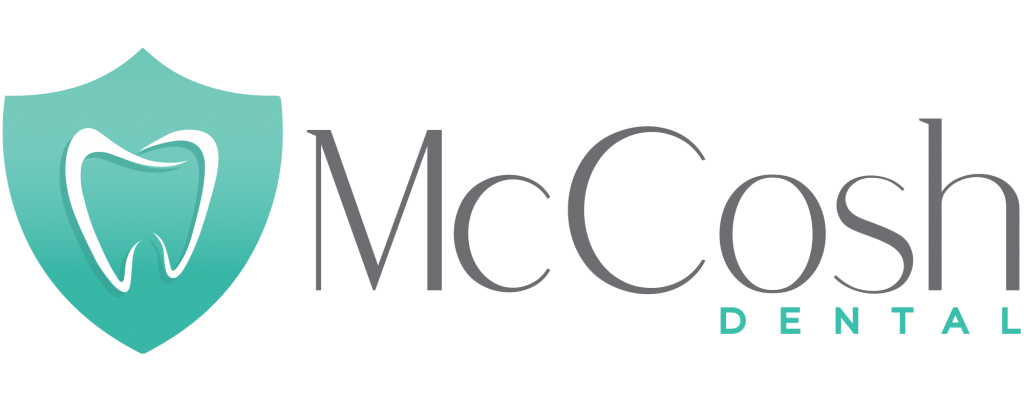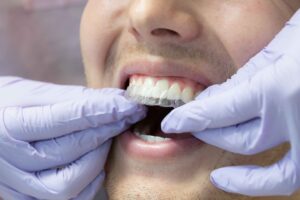During the first few months after they are born, it’s not unusual for babies to suck their thumbs. Experts say it helps babies feel secure and calm because it mimics the experience of the child attaching itself to its mother.
As children get older, however, thumb sucking can begin to have negative results. If the child is still thumb-sucking by the time they are ready to enter preschool, most experts advise parents to help their child to break the habit.
Mccosh – The Problem with Thumb Sucking
As children get older, their baby teeth begin to form. While these teeth eventually will fall out and be replaced by permanent teeth, the effect of thumb sucking can lead to changes in the mouth and jaw.
The act of sucking on the thumb can put pressure on the sides of the upper jaw as well as the soft tissue at the roof of the mouth. Over time, the upper jaw can become narrower, which can affect the teeth’s ability to meet properly from top to bottom. This can lead to a lisp, which may need to be corrected with speech therapy, as well as crooked teeth which may require orthodontics.
Stopping Thumb Sucking
There are many effective techniques for discouraging children from sucking their thumb prior to entering preschool. First, talk to your child about thumb sucking by telling them that you are going to help them break the habit. Try not to be confrontational. Instead, use reason and persuasion.
Reward your child with encouragement and praise when they do well. Don’t get angry if they revert back to prior behavior. Instead, use your natural parental kindness and patience to promote the behavior you want.
Thumb sucking is a habit many children develop, but one that most are able to overcome with the support and encouragement of their parents.



